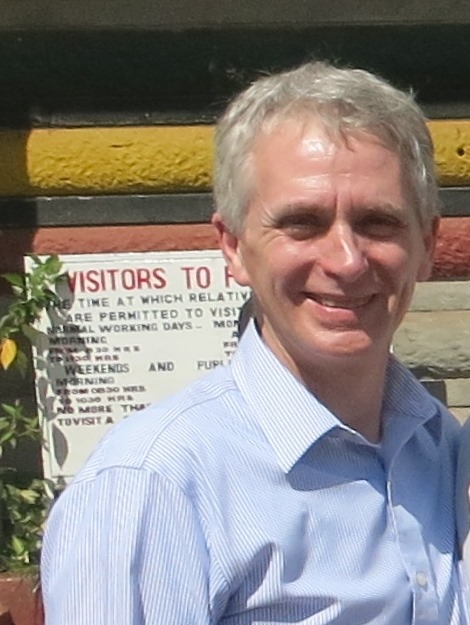As the debate over botched executions rages on, a doctor once in charge of healthcare for Washington’s Department of Corrections is adding his voice to the chorus of critics. Last Wednesday, the U.K’s Guardian published a piece by Marc Stern arguing that there’s no way for lethal injections not to be botched.
As he explains in his piece, and in a conversation with me this morning, the crux of his argument is that the process is inherently flawed because it exists outside the realm of science. While a doctor developed the cocktail of drugs used for executions in the ‘70s, the method was not subject to the same kind of scrutiny as normal medical procedures.
“There may have been animal studies,” he elaborates by phone from Olympia, where he now works as a health care consultant. “But there certainly weren’t human trials.” Nor, he says, were there articles in peer-reviewed journals outlining the method and explaining research results.
Shrouded by secrecy, this “substandard” approach, as he sees it, continues to this day. Medical professionals don’t openly discuss how the drugs used for lethal injections are working and what refinements need to be made. Few are even privy to the details of what those drugs are—especially after European manufacturers stopped supplying their products for executions and states had to scramble for new ones.
Doctors really need to be in on this process for it to be done effectively, Stern maintains. Even finding a vein for the condemned prisoner, especially one who is older or has abused drugs, calls out for a professional.
Up to a point, this is not an entirely unique perspective. As Stern points out, Georgia’s Dr. Carlo Musso has expressed similar sentiments in explaining why he has taken part in executions. In fact, in an interview with Atul Gawande for The New England Journal of Medicine, Musso said physicians have a “responsibility” to ensure the comfort of the condemned in their dying moments.
Stern, who resigned from the DOC in 2008 after finding out that the department (ironcially then led by Eldon Vail, who has since emerged as a death peanlty critic) had involved members of his staff in planning for an execution, makes a different leap of logic. He insists doctors are ethically bound, by the Hippocratic oath and the positions of various professional organizations, to keep a wide distance from executions.
And so, he reasons that lethal injections are doomed, dashing the hopes of those wanting a “humane” means of execution. “We can’t get there from here,” he writes in The Guardian.
The former DOC official says he has no intention of becoming an anti-death penalty activist. He’s more invested in working on other pressing needs related to the health care of inmates. Still, he says he’s willing to voice his views when asked; The Guardian came to him. One imagines, with Governor’s Jay Inslee’s moratorium on the death penalty forcing the issue eventually, that others may ask again.








